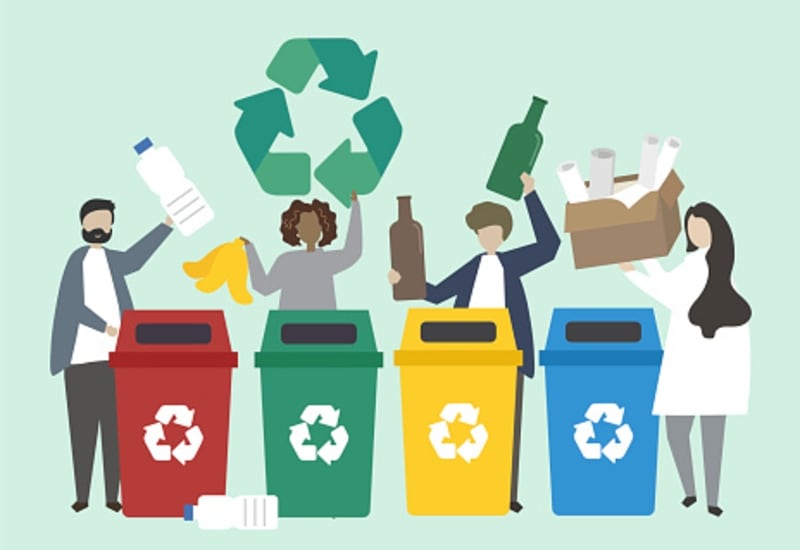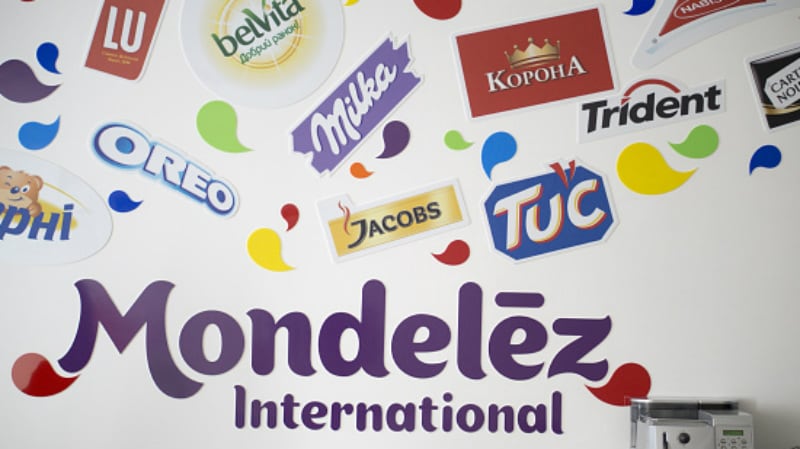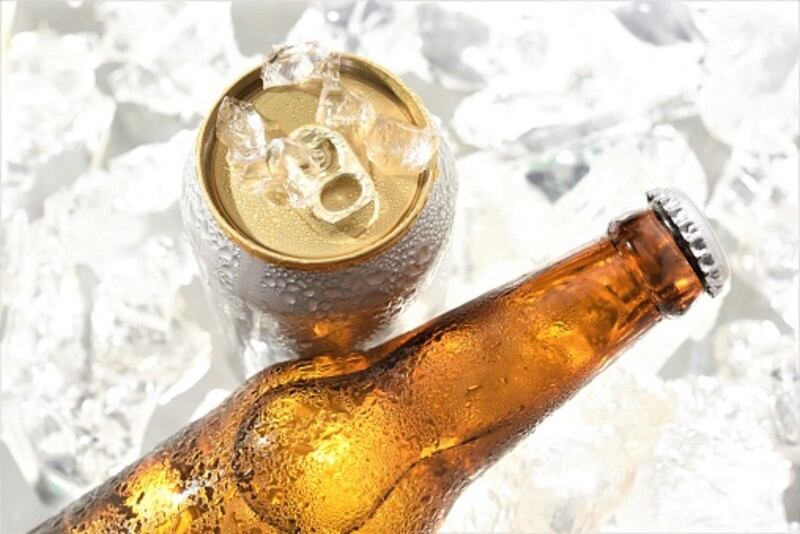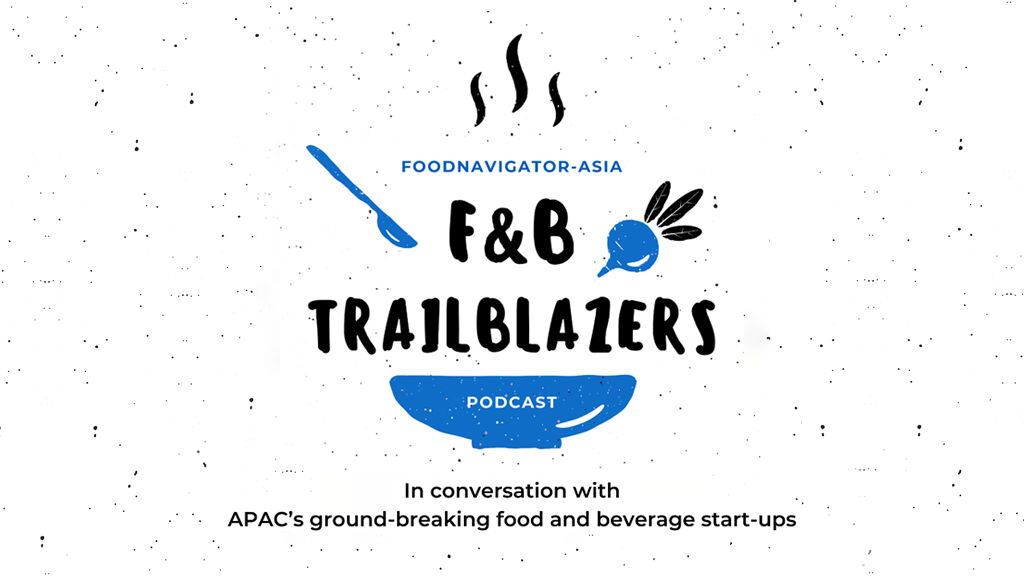Over the past few years, South Korea has placed very strong emphasis on perfecting its local recycling system and policies particularly with regard to food and beverage packaging, ranging from enacting a specific new act on recycling in late 2019 to making various modifications to recycling labels and symbols to ensure consumer compliance and understanding.
At present, the Act on the Promotion of Saving and Recycling of Resources splits packaging material grades into four categories: ‘Best to recycle’, ‘Good to recycle’, ‘Normal to recycle’ and ‘Difficult to recycle’.
Most recently, the government has moved to implement event more stringent conditions when it comes to classifying packaging as recyclable, which will result in more types of packaging falling into the ‘difficult to recycle’ category. This carries higher cost implications for food and beverage companies as a higher cost of recycling is attached to the usage of difficult to recycle materials for packaging.
“Containers, bottles and other packages made of composite materials where the different materials are inseparable will now be classified as ‘difficult to recycled’ under the updated regulations,” South Korea’s Ministry of Environment (MOE) said via a formal statement.
“For instance, if a beverage is packaged in a sealed container where the main body of the container is made of PET plastic but its top and tab are made of aluminum, such that these are not detachable from each other, this will be a ‘difficult to recycle’ package [even if both separate packaging materials are recyclable on their own].
“Similarly, if a product label is attached to a PET or glass container using adhesive that makes it inseparable from the main body of the container via methods such as heat-alkaline treatment, or is directly printed onto the container using a different material, this will also be considered ‘difficult to recycle’.”
All South Korean businesses are required to perform their own evaluation of the packaging materials used for their products, and MOE has also issued a fresh set of strict evaluation guidelines to guide this process.
“In terms of transition, these new standards come into force with immediate effect, but all businesses that made the relevant evaluations and applications prior to the enforcement [and received positive response] will be considered in compliance with regulations [as] evaluation is considered to be in accordance with the amended regulations,” said the ministry.
“[Otherwise], all businesses with obligations to recycle packaging are required to submit new applications for the evaluation of packaging materials currently being used and submit these to the Korea Environment Corporation, with evaluation conducted based on these amended regulations.”
The submission deadline for new evaluations has been set for September 30 2022.
Recycling sensation
South Korea’s fixation on improving its recycling systems and management policies appears to have paid off, towering head and shoulders over its other Asian counterparts when it comes to overall recycling rates.
According to research from the European Environmental Bureau and Eunomia Research and Consulting, South Korea emerged at third place in terms of global recycling rates in 2018, and was the only non-European nation to make it onto the world’s top five on this list.
Entering the top five with a 53.7% recycling rate in 2018, prior to China’s ban on waste plastic imports - which heavily impacted South Korea as it was at the time selling a large amount of waste to China – the rate has since been estimated to have moved up due to the various new policies that have been implemented.
The government has also made additional commitments including the reduction and eventual phasing-up of disposable cups and several other plastic items by 2027. By 2030, it aims to reduce plastic waste by 50% and recycle 70% of any plastic waste still in circulation





